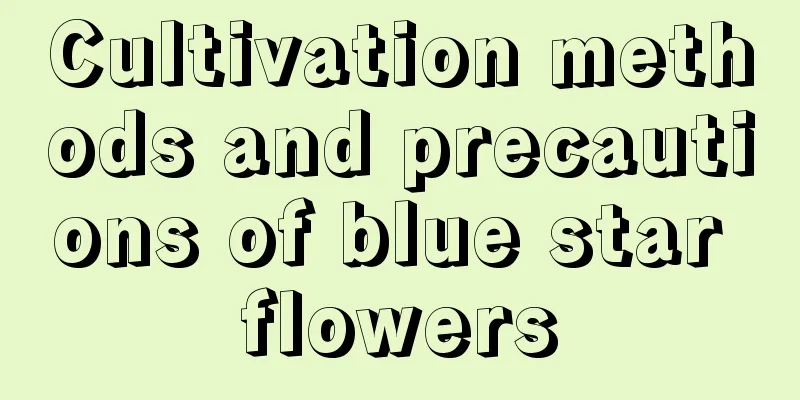Method of cultivating star anise

1. Breeding methods1. Light: The Oxeye Globe needs moderate light, but not direct strong light. It can be exposed to direct sunlight in winter, but it should be shaded or placed in diffuse light in other seasons. It is necessary to maintain sufficient light exposure time, otherwise the leaves will be very small. 2. Soil: The Aglaonema requires the soil to have good drainage. Add an appropriate amount of base fertilizer to the potting soil and use humus soil for planting. You can add river sand to enhance its permeability. 3. Watering: The watering of the Aglaonema grandiflora varies according to the temperature. In summer and early autumn, when the temperature is high, you need to water frequently and spray water to increase humidity. After October, you should reduce watering to avoid frostbite of the roots. 4. Fertilization: Aglaonema requires a large amount of fertilizer during its growth period. Generally, from mid-spring to early autumn, apply thin liquid fertilizer twice a month. But fertilization is prohibited at other times, otherwise it will damage the roots. 2. Breeding techniquesCommonly used methods of reproduction are cuttings, sowing and division. Cuttings are carried out in autumn. Select two-year-old 15-cm-long branches, insert them into the potting soil, and water them thoroughly. Sowing is done in spring. Wash the seeds and sow them into the soil. Cover them with grass to keep them moist. They will germinate in 30 days. Division is also carried out in spring. Divide the original plant into several plants and plant them separately, and then keep them in a cool place for 2 weeks. 3. Pest and disease control1. Diseases: Common diseases include sooty mold, leaf spot and chlorosis. Usually you need to pay attention to ventilation and apply fertilizer on time, which can effectively enhance resistance. After the disease occurs, spray pesticides such as thiophanate-methyl in time for treatment. 2. Pests: Aphids, scale insects and red spiders are relatively common. Use corresponding pesticides to control different pests. |
<<: Can hyacinth be grown in soil?
>>: Pink Platycodon grandiflorum flower language, flower language of different colors
Recommend
Planting and precautions for pansy
1. Planting time If you want to plant pansies, it...
What fertilizer to apply to ground-planted roses in spring
1. What fertilizer to apply When planting it in t...
How to make flowers grow fast? Ten tricks to get it done
1. Onion water makes the flowers grow better and ...
Is rosemary suitable for deep or shallow pots?
Should I use a deep or shallow pot for rosemary? ...
How to plant Magnolia
1. Planting time The best time to plant magnolia ...
Difference Between Pear Trees and Apple Trees
1. Different plant types The bark on the outside ...
Planting technology and management methods of crawling cucumbers
Cucumber is one of the types of vegetables that p...
Is green onion a shade-loving or sun-loving plant?
Do green onions prefer shade or sun? Scallion is ...
Causes and treatments for yellow leaves of purple-leaf plum
1. Insufficient light Reason: Purple-leaf plum li...
How to plant Calla Lily? Planting time and method
Calla lily planting time The best time to plant C...
Are cherry tomatoes a fruit or a vegetable?
Are cherry tomatoes fruits or vegetables? Small t...
Can bougainvillea be planted at the doorstep?
Can bougainvillea be planted at the doorstep? You...
What to do if jasmine leaves are dry and burnt
1. Reasonable watering 1. Reason: Too much wateri...
Chlorophytum comosum...The leaves of Chlorophytum comosum always turn yellow when grown in hydroponics! Just 3 steps and turn green instantly!
Yellow leaves of hydroponic spider plant Why yell...
Trumpet creeper bonsai production and maintenance
How to make bonsai of trumpet creeper The trumpet...









